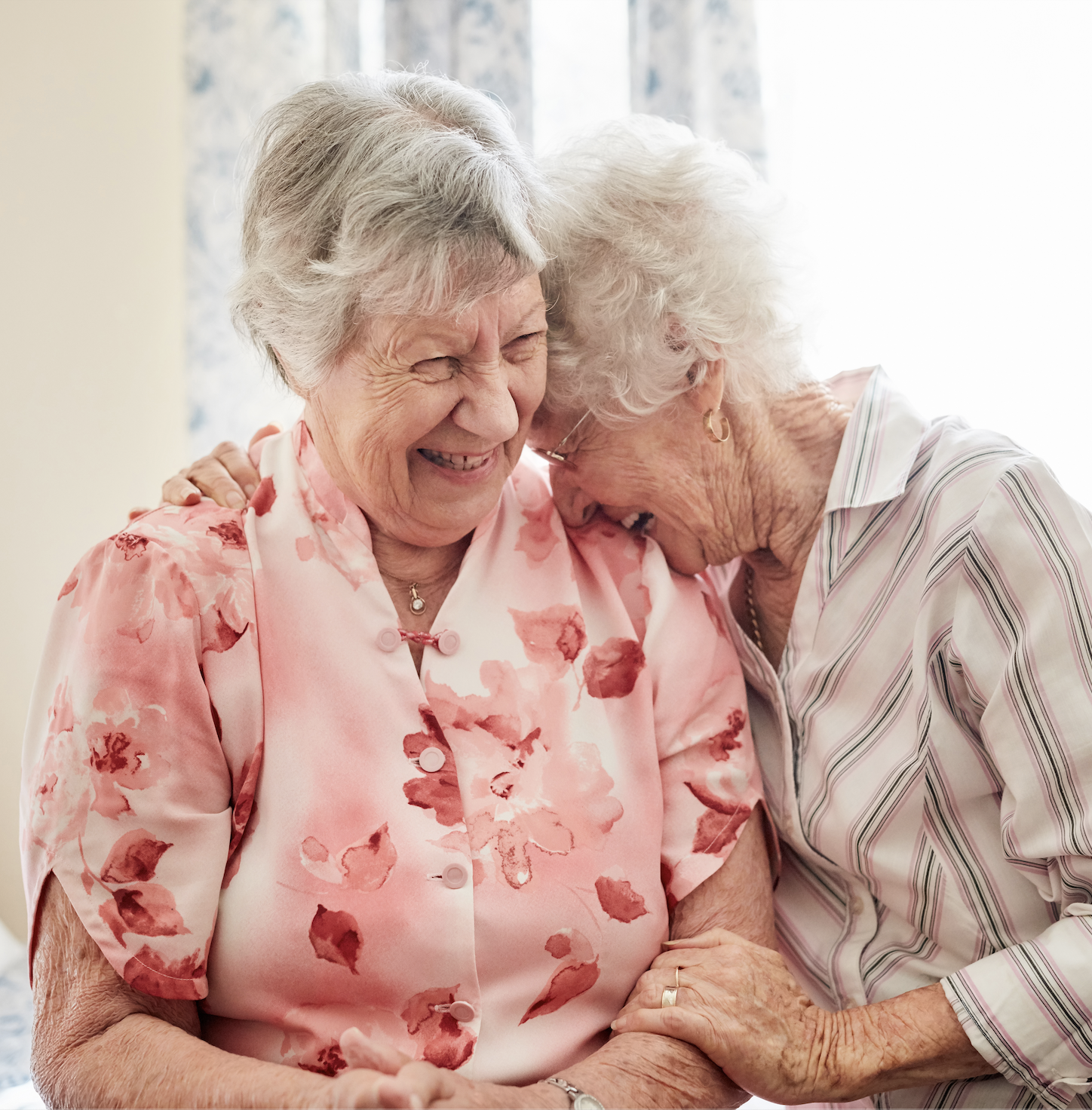
Caregiving is a selfless act of love and compassion, but it also comes with a rollercoaster of emotions. Caregivers often find themselves on an emotional journey, navigating the highs of love and fulfillment alongside the lows of stress, grief, and exhaustion. In this article, we will explore the emotional challenges caregivers experience and offer coping mechanisms, support networks, and strategies for dealing with the inevitable stress, grief, and loss that can accompany the caregiving journey.
Love and fulfillment
At the heart of caregiving lies a deep sense of love and fulfillment. The act of caring for a loved one can be profoundly rewarding, strengthening bonds and creating cherished memories. The joy of providing comfort and support can bring a profound sense of purpose and fulfillment to caregivers, fueling their dedication and commitment.
Find YOUR ideal care home NOW!
Stress and overwhelm
However, caregiving also comes with its share of stress and overwhelm. The demands of managing medical appointments, coordinating care, and attending to the daily needs of a loved one can feel relentless at times. Balancing caregiving duties with other responsibilities such as work and personal life can lead to feelings of exhaustion and burnout.
Grief and loss
One of the most challenging aspects of caregiving is witnessing the decline of a loved one's health or cognitive abilities. Caregivers may experience profound grief as they navigate the loss of their loved one's former self. Anticipatory grief, the mourning of future losses, can also weigh heavily on caregivers, adding an additional layer of emotional complexity to their journey.
Frustration and helplessness
Caregivers may encounter frustration and helplessness when faced with challenges or limitations in providing care. Whether navigating complex medical decisions or managing difficult behaviors, caregivers may struggle to find solutions to the myriad challenges they face. Feelings of inadequacy or powerlessness can exacerbate feelings of stress and overwhelm.
Isolation and loneliness
The demands of caregiving can often lead to social isolation, as caregivers find themselves with limited time and energy for social activities. The sense of loneliness that accompanies this isolation can be profound, leaving caregivers feeling disconnected from their support networks and longing for companionship.
Coping mechanisms and strategies
Despite the emotional challenges of caregiving, there are strategies and coping mechanisms that caregivers can employ to navigate their journey with resilience and grace.
Seek support:
Don't hesitate to reach out for emotional support from friends, family, or support groups. Sharing your experiences and feelings with others who understand can provide invaluable validation and comfort.
Practice self-care:
Prioritize self-care by carving out time for activities that nourish your mind, body, and soul. Whether it's taking a walk in nature, practicing mindfulness, or indulging in a favorite hobby, self-care is essential for maintaining your well-being.
Seek professional help:
Consider seeking counseling or therapy to help you process your emotions and develop coping strategies. A trained therapist can provide a safe space for you to explore your feelings and work through the challenges of caregiving.
Arrange for respite care:
Take advantage of respite care services to give yourself a much-needed break from caregiving duties. Whether it's for a few hours or a few days, respite care allows you to recharge and replenish your energy.
Embrace the rollercoaster:
Accept that caregiving is a journey filled with ups and downs. Allow yourself to experience the full range of emotions that come with caregiving, knowing that it's normal to feel a mix of joy, sadness, frustration, and everything in between.
Stay Informed:
Educate yourself about your loved one's condition and care needs. Knowledge is power, and understanding your loved one's medical condition and treatment options can help you feel more empowered and capable as a caregiver.
Practical Coping Mechanisms for Caregivers
| Coping Mechanism | Description | Benefits |
|---|---|---|
| Seeking Support | Talking to friends, and family, or joining a support group | Emotional validation, reduced stress |
| Practicing Self-Care | Engaging in activities that promote well-being | Boosts physical and mental health |
| Respite Care | Taking a temporary break from caregiving duties | Restores energy and prevents burnout |
| Staying Informed | Learning about the loved one’s condition and care options | Increases confidence and preparedness |
Caregiving is a deeply emotional journey that requires caregivers to navigate a wide range of feelings with resilience and compassion. By acknowledging and understanding the emotions that arise, caregivers can develop effective coping strategies to maintain their well-being and continue to provide the best possible care for their loved ones. Remember that you are not alone on this journey, and there are resources and support networks available to help you navigate the challenges of caregiving with strength and grace.
FAQ:
1. Why do caregivers experience stress and overwhelm?
Caregivers juggle multiple responsibilities, including managing medical appointments, household tasks, and personal life, which can lead to stress and burnout.
2. How can caregivers cope with grief while providing care?
Caregivers can process grief by seeking support from counseling, joining caregiver support groups, and allowing themselves to express emotions openly.
3. What are the best ways to manage frustration in caregiving?
Managing frustration involves setting realistic expectations, seeking professional guidance when needed, and practicing relaxation techniques like deep breathing and mindfulness.
4. How can caregivers prevent isolation and loneliness?
Caregivers should stay connected with friends and family, join online or local support groups, and engage in social activities whenever possible.
5. What is respite care, and how does it help caregivers?
Respite care provides temporary relief for caregivers by allowing professionals to take over caregiving duties, giving caregivers time to rest and recharge.
We are here to help you choose a care home or facility best suited to your needs. Do not hesitate to contact us on the following number: 0230 608 0055 or fill out this form.
Do you need a care home for yourself or your loved one?
Share this article :
Latest posts
You are looking for an establishment for your loved one ?
Get availability & prices
Fill in this form and receive
all the essential information
We would like to inform you of the existence of the opposition list for telephone canvassing.




.jpg)






